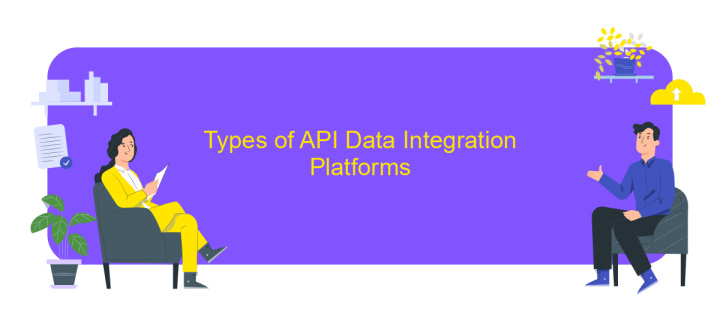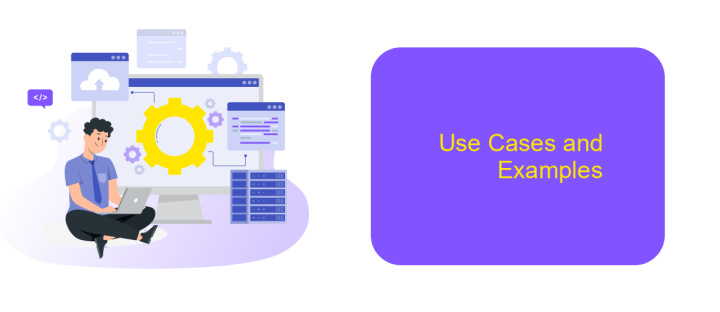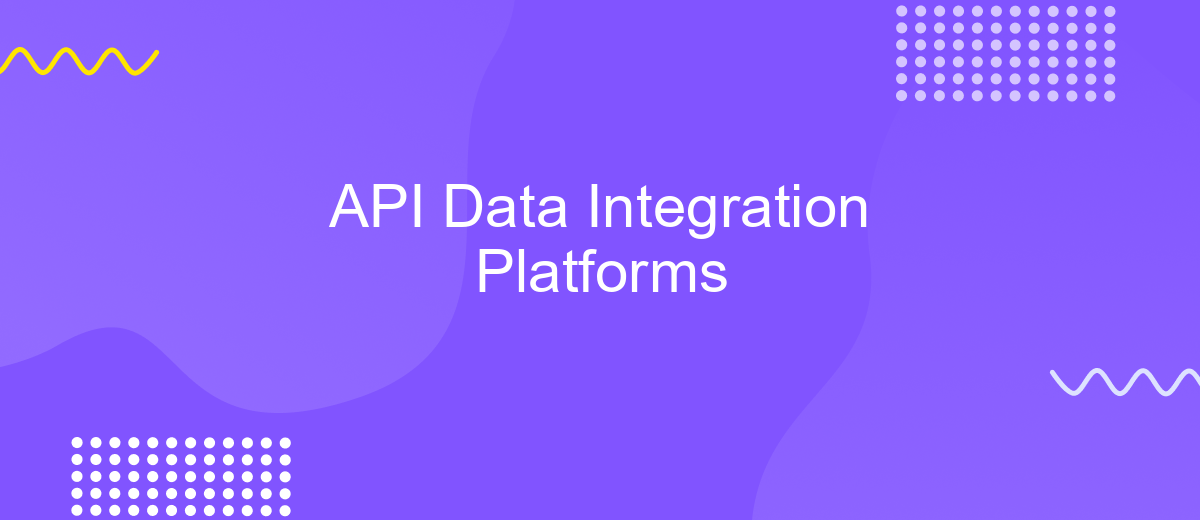API Data Integration Platforms
API Data Integration Platforms have revolutionized the way businesses connect and manage their data across various applications and systems. By providing seamless connectivity, these platforms enable organizations to automate workflows, enhance data accuracy, and improve decision-making processes. As the demand for real-time data access grows, understanding the capabilities and benefits of API data integration platforms becomes crucial for businesses aiming to maintain a competitive edge in today's digital landscape.
Introduction to API Data Integration Platforms
API Data Integration Platforms have become an essential component in the modern digital ecosystem, enabling seamless connectivity and communication between disparate systems. These platforms facilitate the integration of various data sources, allowing businesses to harness the power of their data more effectively. By providing a unified interface, API integration platforms simplify the process of connecting different applications, databases, and services, thereby enhancing operational efficiency and decision-making capabilities.
- Streamlined data connectivity across multiple platforms
- Enhanced scalability and flexibility for growing businesses
- Improved data accuracy and consistency through automated processes
- Reduced time and cost associated with manual data integration efforts
In today's data-driven world, leveraging API Data Integration Platforms is crucial for organizations aiming to stay competitive and agile. These platforms not only improve the speed and reliability of data exchanges but also empower businesses to innovate and respond to market changes swiftly. As the demand for real-time data access and analysis grows, the role of API integration platforms will continue to expand, offering new opportunities for efficiency and growth.
Key Features and Benefits

API Data Integration Platforms offer a seamless way to connect disparate systems and automate data workflows. Key features include robust connectivity options, allowing integration with a wide range of applications and services. These platforms typically provide user-friendly interfaces, enabling both technical and non-technical users to set up integrations with ease. Advanced data transformation capabilities ensure that data is accurately mapped and processed between systems, maintaining data integrity and consistency. Additionally, real-time data syncing ensures that information is always up-to-date across all connected platforms.
One of the significant benefits of using these platforms is improved operational efficiency, as they eliminate the need for manual data entry and reduce the likelihood of errors. Services like ApiX-Drive simplify the integration process further by offering pre-built connectors and customizable templates, allowing businesses to quickly deploy integrations without extensive coding. This results in cost savings and faster time-to-market for new initiatives. Furthermore, enhanced data visibility and accessibility empower organizations to make informed decisions, driving business growth and innovation.
Types of API Data Integration Platforms

API data integration platforms are crucial for connecting disparate systems and enabling seamless data flow across applications. These platforms vary in their capabilities and functionalities, catering to different business needs and technical requirements. Understanding the types of API data integration platforms can help organizations choose the right solution for their data integration challenges.
- Cloud-based Platforms: These platforms offer scalability and flexibility, allowing businesses to integrate data without the need for on-premise infrastructure. They are ideal for organizations looking for rapid deployment and ease of management.
- On-premise Platforms: Suitable for businesses with strict data security and compliance requirements, these platforms provide complete control over data and integration processes within the company's infrastructure.
- Hybrid Platforms: Combining the best of both cloud and on-premise solutions, hybrid platforms offer the flexibility to manage data integration across multiple environments, ensuring data is accessible and secure.
Choosing the right API data integration platform depends on various factors, including the complexity of data workflows, security requirements, and the existing IT infrastructure. By evaluating these aspects, businesses can select a platform that not only meets their current needs but also scales with future growth and technological advancements.
Use Cases and Examples

API Data Integration Platforms are essential tools for businesses aiming to streamline data flows across various systems. These platforms enable seamless connectivity between disparate applications, allowing for efficient data exchange and improved operational productivity. By leveraging these platforms, companies can automate processes, reduce manual data entry, and ensure data consistency across the organization.
One of the primary use cases for API Data Integration Platforms is in the e-commerce sector, where they facilitate the integration of online stores with inventory management systems, payment gateways, and customer relationship management (CRM) tools. This integration ensures real-time data synchronization, enhancing customer experience and operational efficiency.
- In healthcare, API integration platforms connect electronic health records (EHR) with various health applications, providing a comprehensive view of patient data.
- In finance, these platforms enable the integration of accounting systems with banking services, ensuring accurate financial reporting and compliance.
- In marketing, they connect analytics tools with customer databases, allowing for personalized marketing strategies based on real-time insights.
Overall, API Data Integration Platforms offer versatile solutions across multiple industries, driving innovation and efficiency. By integrating diverse systems, organizations can harness the full potential of their data, leading to informed decision-making and enhanced business outcomes.
- Automate the work of an online store or landing
- Empower through integration
- Don't spend money on programmers and integrators
- Save time by automating routine tasks
Choosing the Right API Data Integration Platform
When selecting an API data integration platform, it's crucial to evaluate your specific business needs and technical requirements. Consider the types of APIs you need to integrate and whether the platform supports them. Look for platforms that offer robust security features, scalability, and real-time data processing capabilities. Additionally, assess the user interface and ease of use, as a user-friendly platform can significantly reduce the time and effort required for integration.
ApiX-Drive, for instance, provides a versatile solution for businesses needing seamless API integrations. It supports a wide range of applications and services, allowing you to automate workflows without extensive coding knowledge. With its intuitive interface, ApiX-Drive simplifies the integration process, enabling you to connect different systems quickly and efficiently. Furthermore, its flexibility and scalability make it an ideal choice for businesses of all sizes, ensuring that your integration needs are met as your company grows.
FAQ
What is an API Data Integration Platform?
How do API Data Integration Platforms work?
What are the benefits of using an API Data Integration Platform?
Can non-technical users set up integrations on these platforms?
How does ApiX-Drive facilitate data integration?
Apix-Drive is a simple and efficient system connector that will help you automate routine tasks and optimize business processes. You can save time and money, direct these resources to more important purposes. Test ApiX-Drive and make sure that this tool will relieve your employees and after 5 minutes of settings your business will start working faster.


